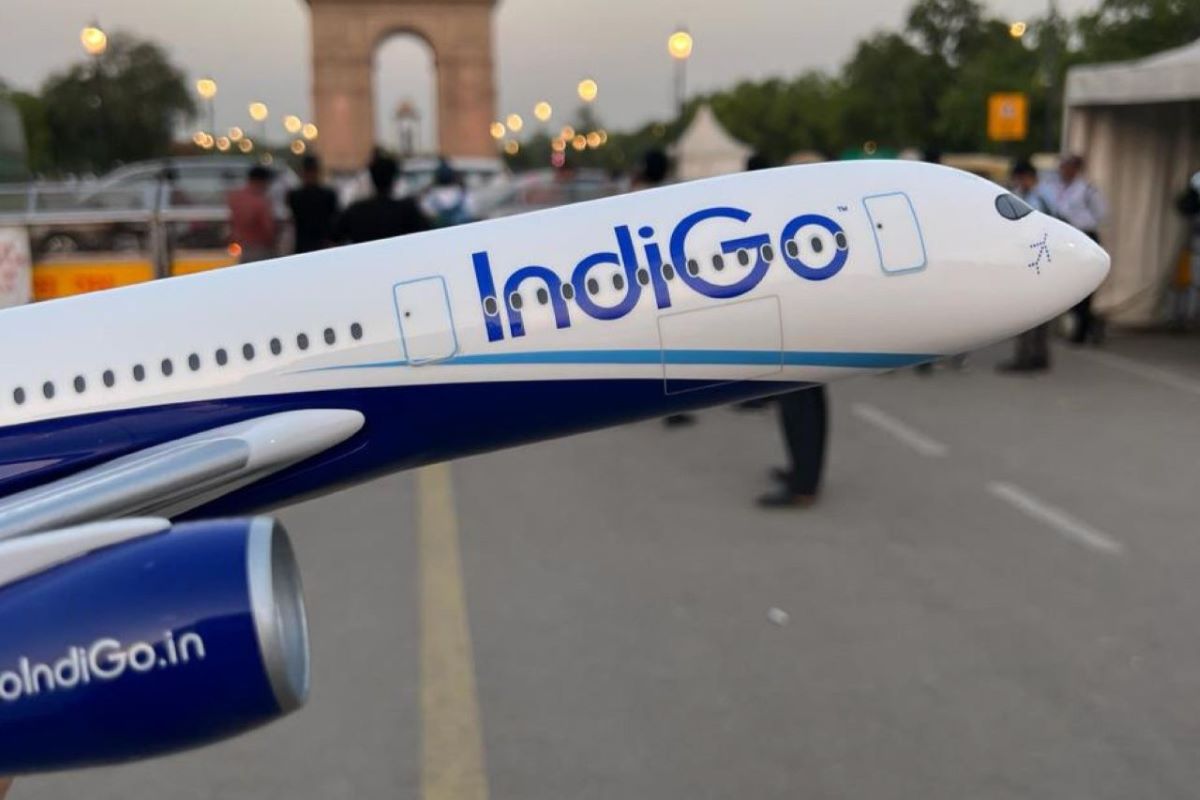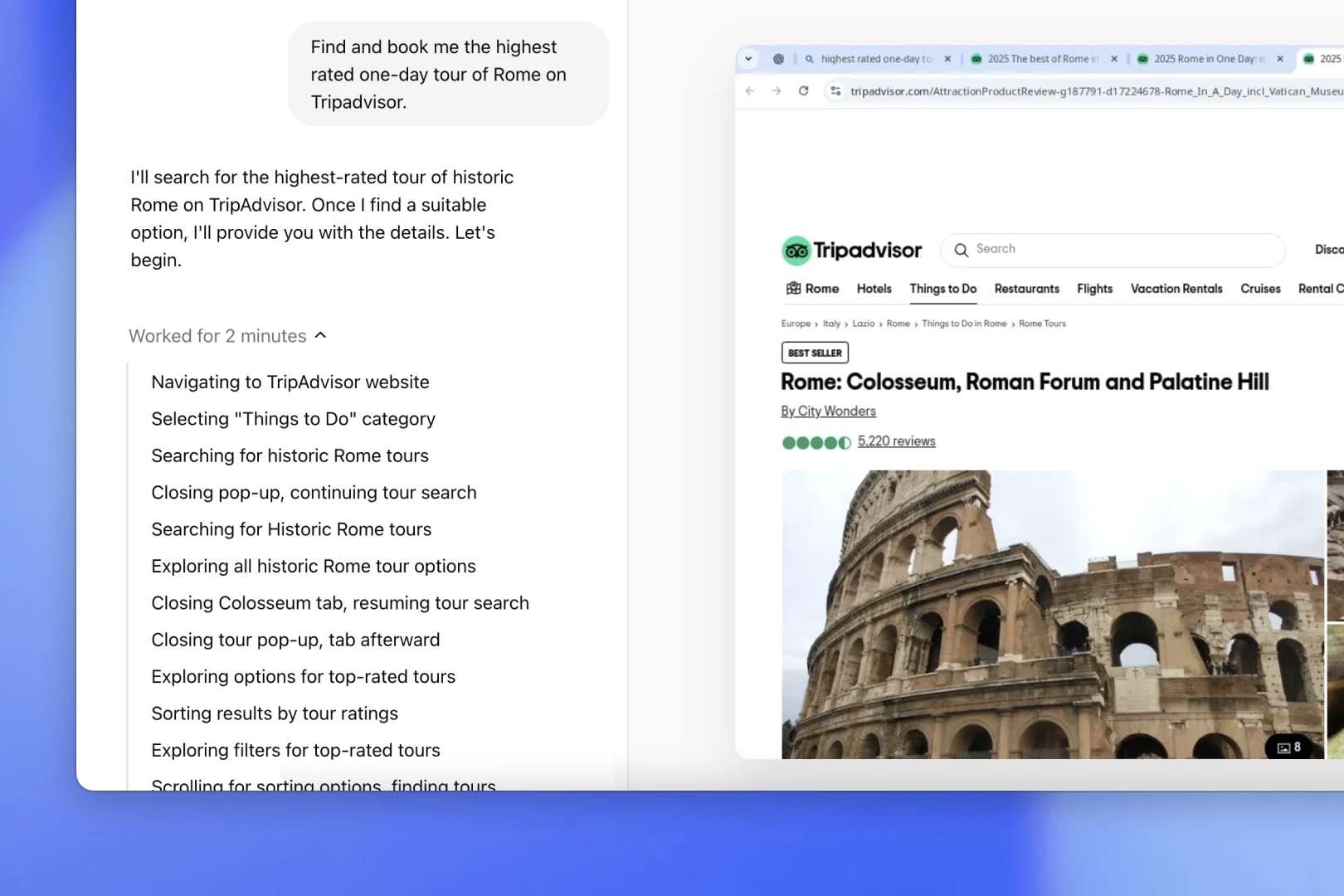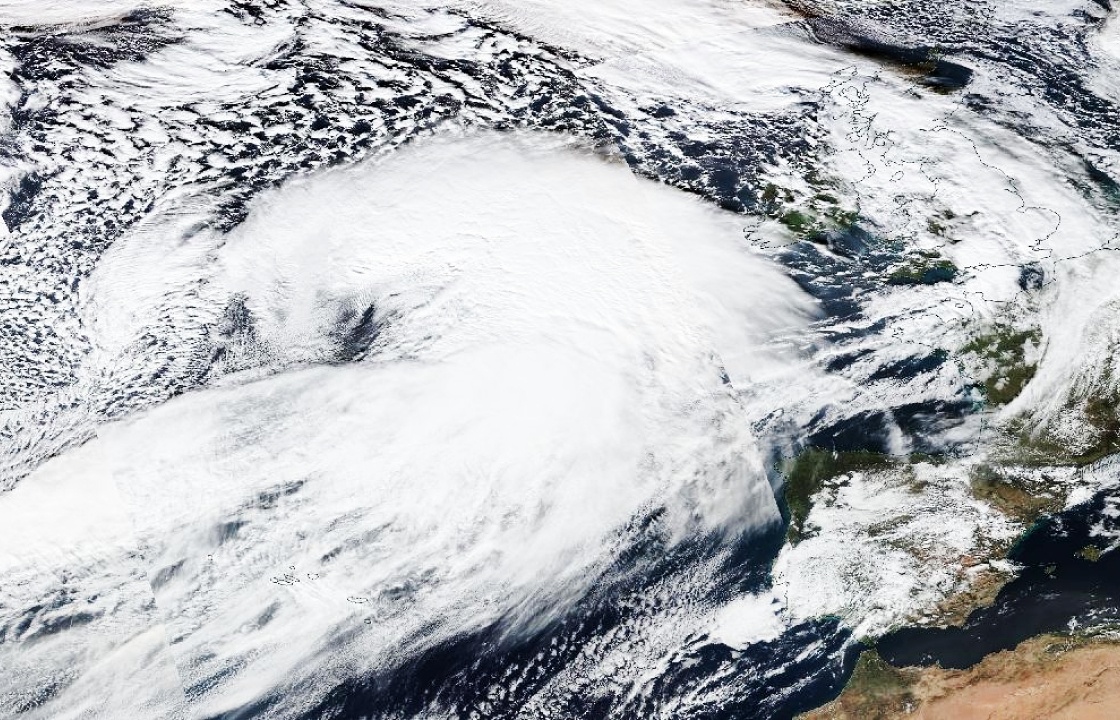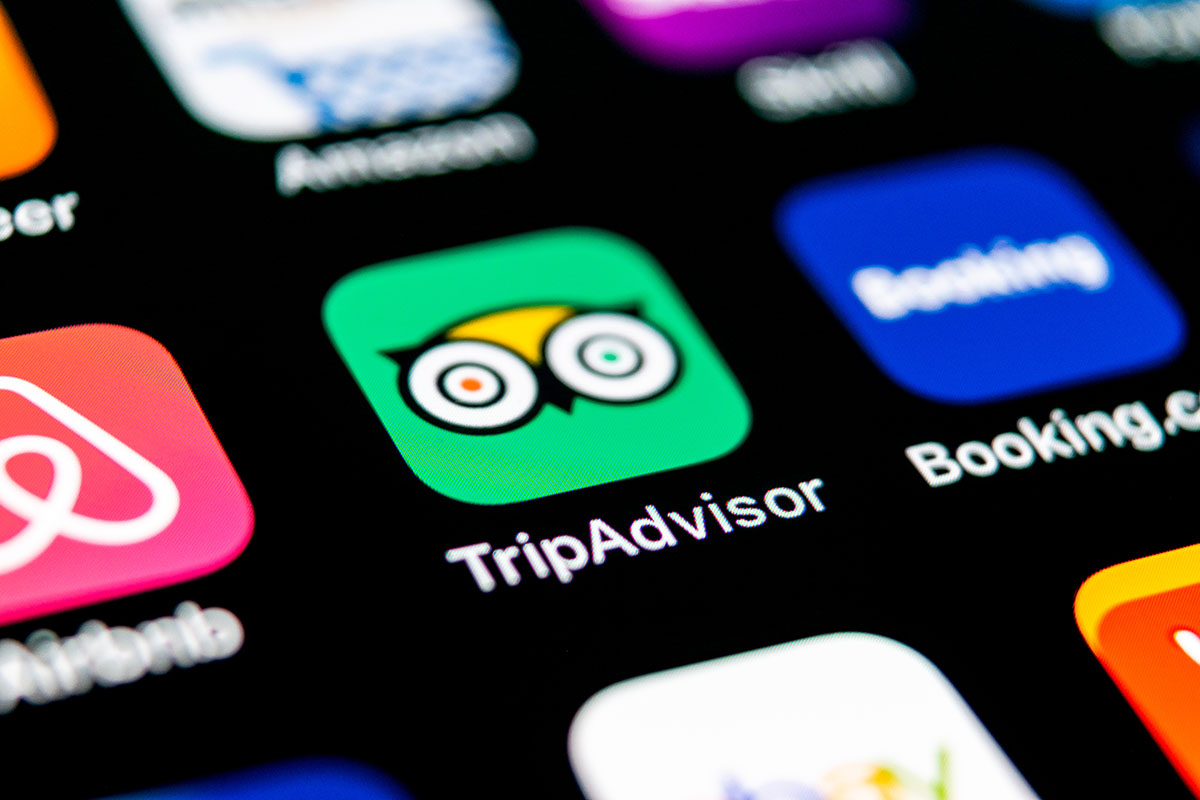AccorHotels Copes With the Airbnb Factor in Australia
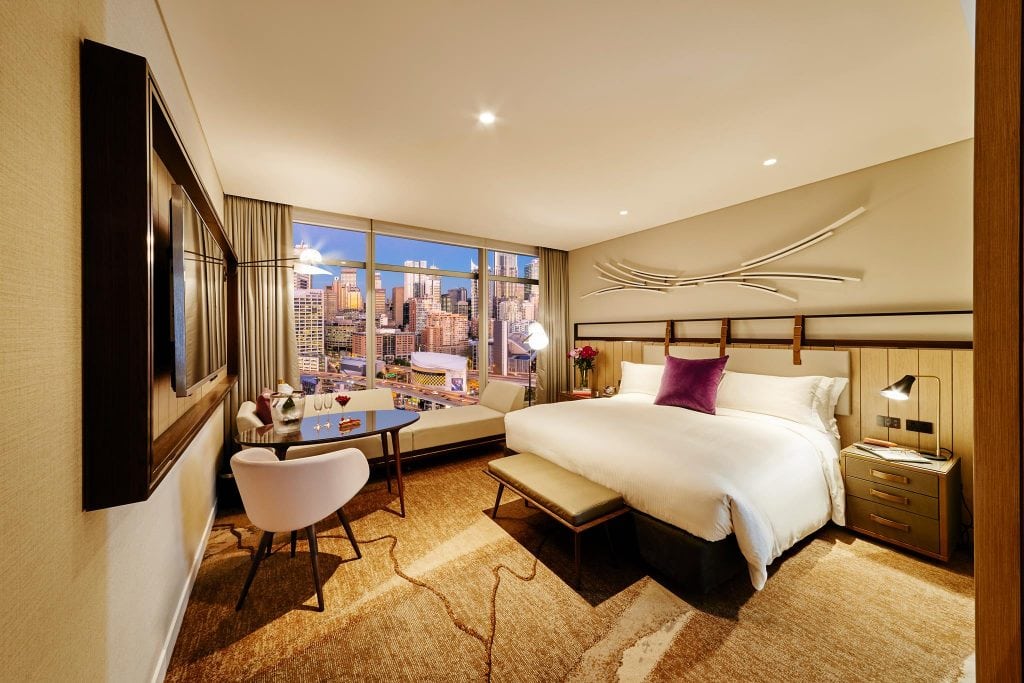
Skift Take
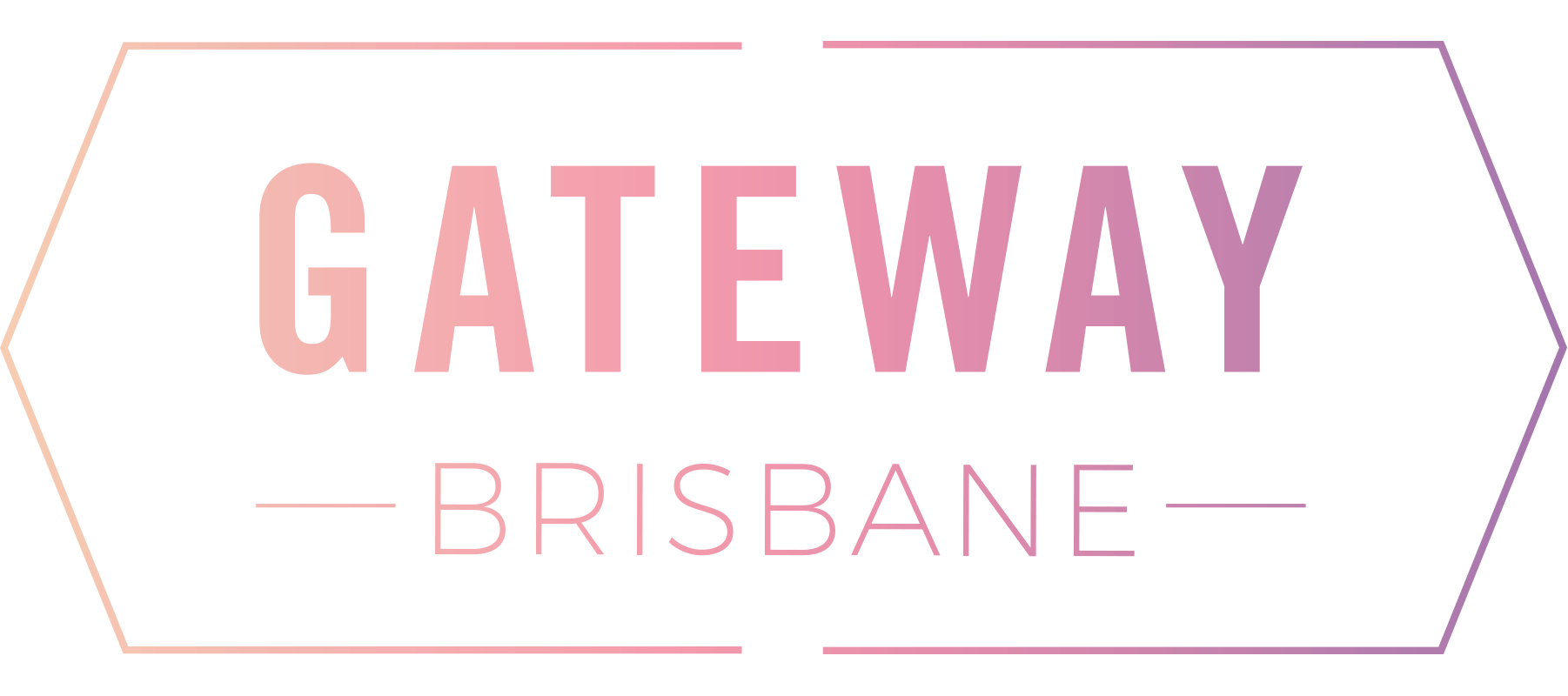 Editor's Note: Gateway is a Skift series featuring first-hand, original stories from our correspondents embedded in cities around the world. The logo reflects where the correspondent is based and not necessarily the article's focus. Read about the series here.
Editor's Note: Gateway is a Skift series featuring first-hand, original stories from our correspondents embedded in cities around the world. The logo reflects where the correspondent is based and not necessarily the article's focus. Read about the series here.
Like other hoteliers in far-flung destinations, AccorHotels in Asia Pacific is feeling Airbnb's impact.
In Australia, for example, AccorHotels isn't deleting plans for new properties because of Airbnb's growth, but the chain realizes that it might not get the premium rates it used to on days with particularly high demand.
Michael Issenberg, chairman and chief operating officer of Australia’s largest hotel group, Accor Asia Pacific, said private rentals have grown the accommodations market for everyone.
And, the private rental surge has not slowed Accor’s growth. The chain recently added the luxury Sofitel Sydney Darling Harbour, the first new-build hotel in Sydney in 20 years. It also added new properties in Brisbane and Sydney’s Western suburbs.
In fact, Accor has 14 hotels under way, and they will add around 2,500 rooms in the next two or three years.
However, Issenberg insisted that Airbnb has definitely impacted the industry.
“Where it’s had the biggest impact is on ‘restrained days’ (where there’s a big conference or sporting event in town), It takes the top off the market,” he said, explaining that the availability of alternative beds reduces the premium that Accor could demand on those peak days.
While he wouldn’t quantify the loss, Issenberg stressed that “the last dollar you earn is typically the most profitable — it hurts because it impacts rate rather than volume.”
Sharing Economy Surge
Private rentals, primarily Airbnb and Stayz, which is owned by Expedia/HomeAway, now account for almost one in three nights in Australia, according to a report just released by Deloitte Access Economics.
The latest Deloitte Tourism and Hotel Market Outlook noted private rentals have grown twice as much as stays in hotels and short-term apartments in the past year. More than 85 million nights were spent in traditional accommodation in the year to March, while the private rental market accounted for 28.5 million nights.
These findings come on the back of an Airbnb-initiated Deloitte study, which found that the sharing economy is adding to accommodation supply and, in doing so, helping to grow the overall size of the market.
Airbnb has 122,500 active listings in Australia, up 40 percent from last year at this time.
The country’s second-largest private rental provider, Stayz, boasts 40,000 listings.
Global hotel data analyst STR estimates that Australia has 267,690 rooms. So, it’s no surprise hoteliers are concerned.
Increased Lobbying Against Sharing Economy
That concern has seen an increase in lobbying against the private rental movement, spearheaded by Australia’s peak accommodation body, Tourism Accommodation Australia.
The group supports "a registration‐style system that would mean that current unregulated operators would have to be approved before they are able to operate. The new digital platforms would need to be part of the solution from a regulatory perspective, otherwise any framework put in place is doomed to fail,” argued Tourism Accommodation Australia CEO Carol Giuseppi.
Hoteliers and others are calling for regulation in a market that is fragmented and diverse. So far, only two Australian states, South Australia and Tasmania, have "legalized" commercial home-sharing.
Australia’s largest state, New South Wales, is currently legislating its status.
Regulatory Minefield
But, as Emma Heuston, a Practice Leader at LegalVision, pointed out, not only does the law treat Airbnb differently depending upon which state the rental is situated in, but there are also different local government regulations within each state.
“Not only are council zoning laws a minefield, but there is another layer of complexity in the situation where tenants are renting out a rental property by subletting it to subtenants for short-term Airbnb stays,” she said.
Airbnb arrangements have also come under fire from the Australian Taxation Office, which is concerned about possible tax evasion.
Amid the various calls for the new entrants to be kept in check, Airbnb is arguing that it is contributing to the economy and taking pressure off the existing hotel sector, which is facing occupancy limits in many markets.
“The fact of the matter is hotels in Australia are healthy and their future is as bright as ever. They continue to enjoy very high occupancy rates, sustained revenue growth, and are in the middle of an unprecedented hotel building boom,” said Brent Thomas, Airbnb’s Australian head of public policy.
“Airbnb is growing the tourism pie. We democratize travel, making it more accessible and affordable for more people than ever. Our community, with its unique and authentic offerings, acts as a magnet for people who otherwise would not have been able to travel. We know one in three guests who use Airbnb only travel because of Airbnb.”
It’s clear that apartment and other private rentals are not going away, but neither is the industry opposition.
Overall market growth gives credence to Thomas’ assertion that “a rising tide lifts all boats."
STR data prepared for Skift showed that occupancy, average prices and room revenues have continued to grow Australia-wide since Airbnb’s arrival in 2012.
Maybe that growth has been constrained by the additional competition, but certainly not enough to prevent mainstream operators like Accor from continuing to invest in the market.
Australia Hotel Room Growth 2012 Versus 2017
| Year | Rooms | Occupancy | ADR A$ | ADR U.S.$ | RevPar A$ | RevPark U.S.$ |
|---|---|---|---|---|---|---|
| First Half 2012 | 252,430 | 71.90% | $173.05 | $132.20 | $124.43 | 95.13 |
| First Half 2017 | 267,690 | 74.50% | $185.10 | $141.51 | $137.87 | 105.4 |
| Percentage Increase | 6.04% | 3.6 % points | 6.96% | 6.96%% | 10.80% | 10.80% |
Source: STR


